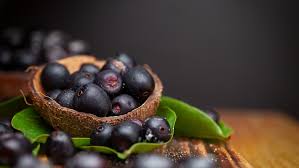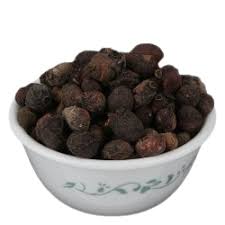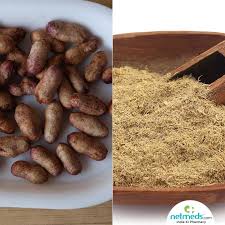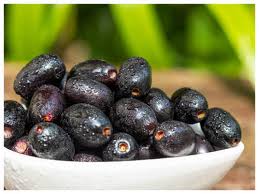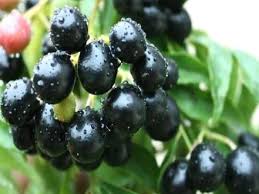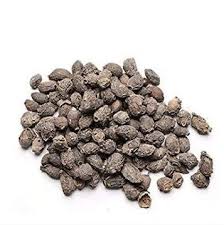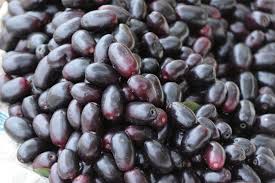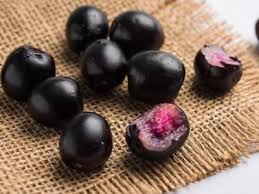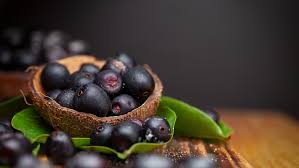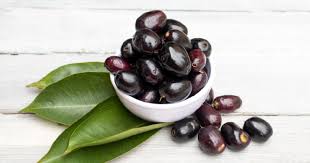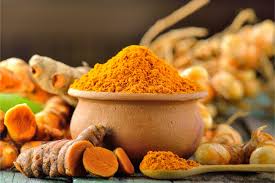
Can Kaali Haldi Help in Treating Psoriasis
Psoriasis is a chronic autoimmune condition characterized by red, itchy, and scaly patches on the skin. Managing psoriasis often requires a combination of medical treatments and natural remedies to reduce inflammation, control flare-ups, and soothe the skin. Kaali Haldi, also known as black turmeric, has been recognized in traditional Indian medicine for its potent anti-inflammatory, antioxidant, and antimicrobial properties. Recent interest in herbal therapies has highlighted Kaali Haldi as a potential supportive remedy for psoriasis. This article explores how Kaali Haldi can help in managing psoriasis, its benefits, preparation methods, and practical tips for safe use.
Long Description:
Understanding Psoriasis:
Psoriasis occurs when the immune system accelerates skin cell production, leading to thick, scaly patches.
Common symptoms include redness, itching, inflammation, and skin discomfort.
Stress, diet, environmental factors, and genetics can trigger or worsen flare-ups.
Conventional treatments include topical creams, phototherapy, and systemic medications, but natural remedies are often used alongside for better symptom management.
Why Kaali Haldi May Help Psoriasis:
Anti-Inflammatory Properties: Reduces inflammation in affected areas, alleviating redness and swelling.
Antioxidant Effects: Neutralizes free radicals, helping to prevent further skin damage.
Antimicrobial Action: Fights bacteria and fungi that can worsen skin irritation and infections.
Healing and Regeneration: Supports skin repair and may improve the appearance of psoriasis patches.
Immune Support: Helps regulate immune response, potentially reducing the frequency of flare-ups.
Forms of Kaali Haldi for Psoriasis Treatment:
Powdered Kaali Haldi: Can be applied as a paste mixed with water or carrier oils.
Kaali Haldi Oil: Infused oil for direct application on affected skin areas.
Herbal Teas or Tonics: Internal consumption may support immune health and reduce systemic inflammation.
Combination Remedies: Mixed with other beneficial herbs like aloe vera, neem, or turmeric for enhanced effects.
DIY Kaali Haldi Paste for Psoriasis:
Ingredients: 1 teaspoon Kaali Haldi powder, 1–2 teaspoons coconut or sesame oil, optional aloe vera gel.
Preparation: Mix the powder with oil and aloe vera to form a smooth paste.
Application: Apply gently to psoriasis-affected areas, leave for 15–20 minutes, then rinse with lukewarm water.
Frequency: Use 2–3 times a week, depending on skin sensitivity.
Kaali Haldi Oil for Psoriasis:
Preparation: Infuse Kaali Haldi powder in a carrier oil like sesame or coconut for 2–3 weeks.
Application: Massage gently onto affected skin to soothe inflammation, hydrate, and support healing.
Benefits: Provides long-lasting moisture, reduces dryness, and prevents scaling.
Internal Use of Kaali Haldi for Immune Support:
Drinking Kaali Haldi tea with ginger, black pepper, or tulsi may help strengthen the immune system.
Supports the body in regulating autoimmune responses that trigger psoriasis flare-ups.
Enhances overall health and aids in reducing systemic inflammation.
Synergistic Herbal Combinations:
Kaali Haldi + Aloe Vera: Soothes irritated skin and promotes healing.
Kaali Haldi + Neem: Enhances antimicrobial action and supports skin detoxification.
Kaali Haldi + Turmeric: Combines anti-inflammatory and antioxidant properties for better skin protection.
Kaali Haldi + Coconut Oil: Provides deep hydration and prevents cracking of psoriasis patches.
Precautions and Safety:
Conduct a patch test before topical application to check for skin sensitivity.
Avoid excessive use to prevent skin discoloration from Kaali Haldi.
Consult a healthcare professional if you are on prescription psoriasis treatments or have severe skin conditions.
Use organic, high-quality Kaali Haldi to ensure effectiveness and safety.
Lifestyle and Supportive Measures:
Maintain a balanced diet rich in anti-inflammatory foods such as leafy greens, nuts, and fruits.
Stay hydrated and avoid triggers like alcohol, smoking, and stress.
Regular moisturizing of the skin helps prevent dryness and scaling.
Gentle cleansing and avoiding harsh soaps can reduce irritation.
Conclusion:
Kaali Haldi offers a natural, supportive approach to managing psoriasis due to its anti-inflammatory, antioxidant, and antimicrobial properties. While it is not a replacement for conventional medical treatment, Kaali Haldi can complement prescribed therapies to soothe skin, reduce inflammation, and support overall skin health. Using it in the form of topical pastes, infused oils, or herbal teas can help manage flare-ups, improve skin texture, and enhance the body’s natural healing processes. By integrating Kaali Haldi thoughtfully into a psoriasis management routine and combining it with other supportive herbs and healthy lifestyle practices, individuals can experience improved comfort, reduced skin irritation, and better long-term skin wellness. Preserving the knowledge of Kaali Haldi in traditional medicine also highlights the enduring value of natural remedies in promoting holistic health.


